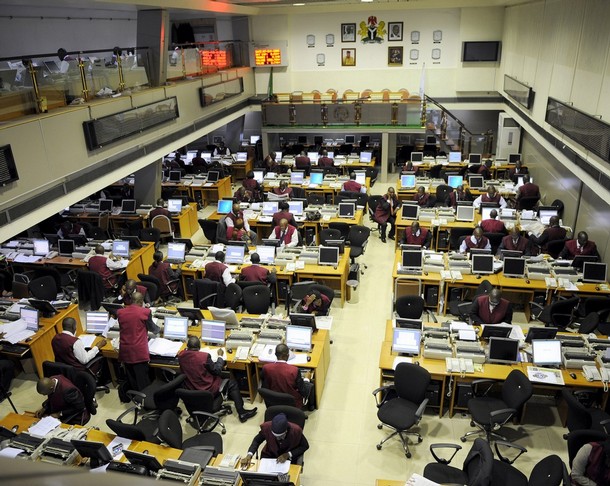The Bill for an Act to facilitate the development of Nigeria’s capital market passed second reading in Senate on Tuesday.
Entitled Demutualisation Bill, it seeks to enable the conversion and re-registration of the Nigerian Stock Exchange from a company limited by guarantee to a public company limited by shares.
Leading debate on the bill, Acting Chairman, Committee on Capital Market, Sen. Foster Ogola (PDP- Bayelsa), said the proposed demutualisation of the Stock Exchange was an integral element of the 10-year Capital Market Master Plan.
He said that the bill would result in an increased value of stock exchange, enabling it to compete favourably in the global market, open doors for significant investment and enhance the nation’s capital market.
“The demutualisation of the Exchange will bring the Nigerian capital market at par with other international jurisdictions.
“This will result in enhanced governance, transparency and visibility while attracting strategic partners, investors and good quality issuers.
“The approval of the demutualisation bill will generate substantial motivation for the development of an agile Exchange, thereby consolidating its innovativeness and strengthening its leadership at local and international levels.
“As a demutualised entity that is profit-seeking, the Nigeria Stock Exchange will be in a better stead to capitalise on new income opportunities.
“It will also be free from any limitations arising from conflicting member interests and existing laws and more importantly, be able to better support the economic growth of Nigeria,’’ he said.
Contributing, Sen. Mao Ohuabunwa (Abia-PDP), urged his colleagues to expeditiously consider and pass the bill.
He stressed that the demutualisation when implemented, would give the Exchange the ability to take a number of strengthening actions to increase efficiency in its operations.
“The demutualisation holds a number of significant benefits for the Nigerian economy, including augmentation of Nigeria’s debt profile and increase capital raising capabilities.
“Other benefits are capital support for government initiatives, attraction of foreign and local investors and assisting corporate and financial institutions to raise capital,’’ he said.
Other senators, in their contributions, supported the bill and promised to ensure that it was passed.
In his remarks, the President of the Senate, Dr Bukola Saraki, put the bill to vote and it received unanimous approval.
He directed that the bill should be sent to Committee on Capital Market for further legislative action. The committee was given four weeks to report back. (NAN)



Leave a Reply